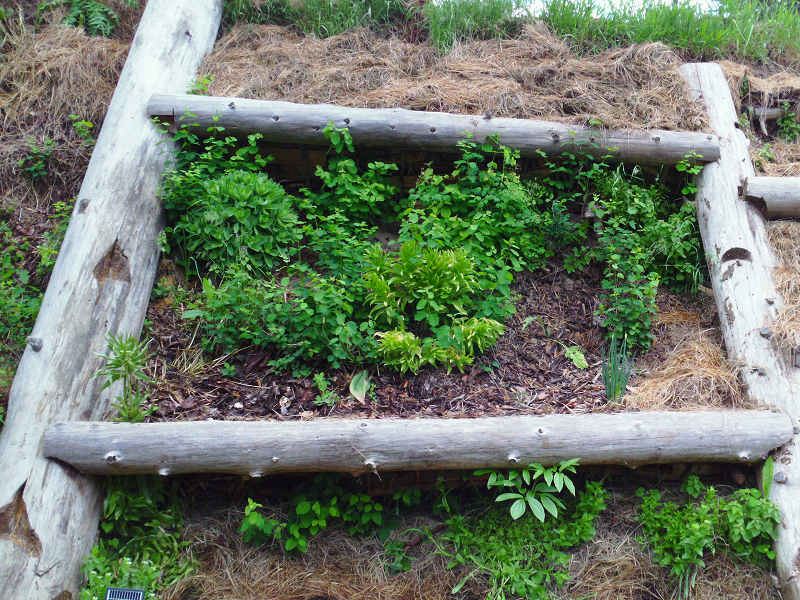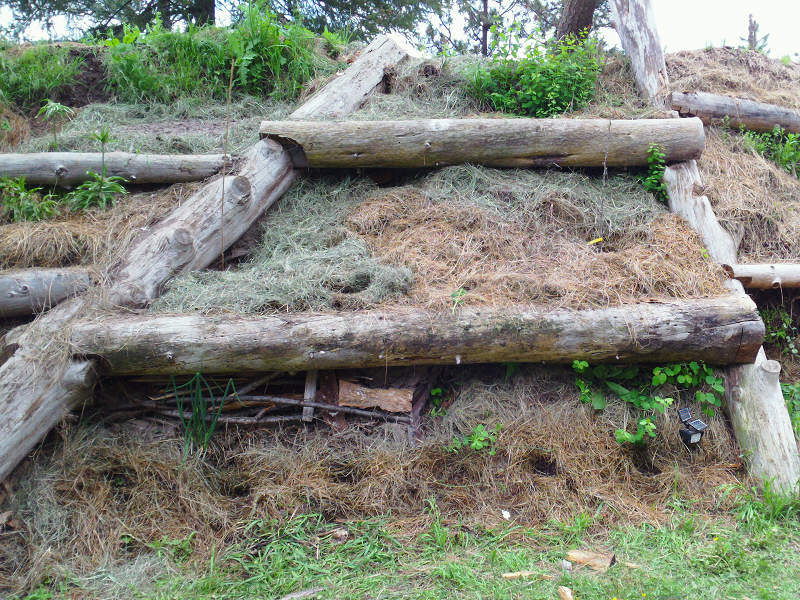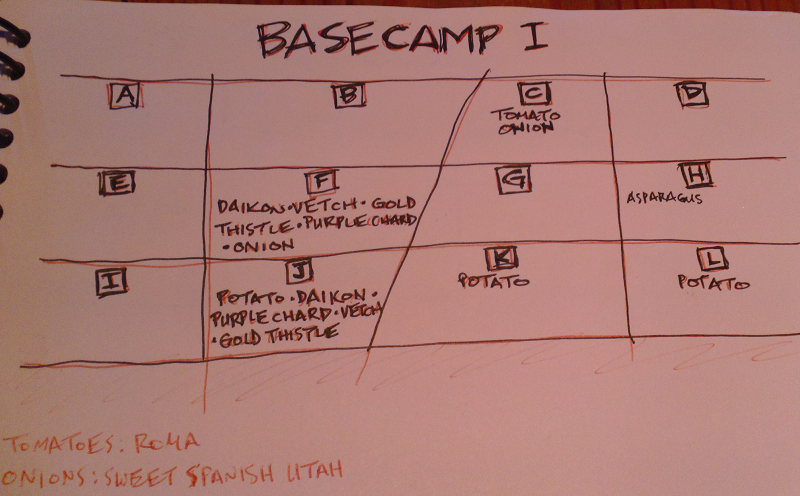I wanted to add a testimonial as to the effectiveness of the SEPPer program, and how it helped me transition into being a Boot at Wheaton Labs. This isn't an instruction manual, however it is the advice I'd give were I asked by anyone either how I ended up having such a great time so far at Wheaton Labs, and/or how I was able to experience a smooth transition to full-time work here.
For those who don't know, here are some basic definitions.
SEPPer: Someone who's a guest at Wheaton Labs for the SEPPer (Seriously-Excited about Permaculture Pampering) Program.
In a nutshell: you're an eco-tourist and you rent one of the pre-existing structures at Wheaton Labs for a certain amount of time, with an open schedule and broad access to Wheaton Labs resources.
Boot: a work intern at Wheaton Labs.
In exchange for your labor over 5.5 days, you have free room and board, including three meals a day. After a certain amount of time serving as a boot, you are granted permission to establish a long-term residence at Wheaton Labs through a couple extension programs.
In a nutshell, here are my two main recommendations, followed by two suggestions.
1. SEPP for an entire month.
I showed up here one Saturday in early May, and stayed in the Love Shack as a SEPPer until the first weekend of June. I was firmly dedicated to the idea of becoming a Boot, but I didn't blindly jump in to the role. Instead, as a SEPPer I was able to do a few things that better-prepared me for Booting.
I had a chance to meet the boots and Paul, as well as other guests, to gauge the full routine before I was obligated to fully-participate.I witnessed what the "typical" day was like for a boot with my own eyes, not needing to rely on forum posts or videos or whatever. I was able to make my own judgment. More about this later.I learned that I could fit in well with the rest of the group, and learned how they socialize and generally get along well with one another.I ate and occasionally helped prepare group meals and sat in on "community business" discussions about some challenges and conflicts that emerge when living in community (which I personally hadn't done in a while).When I needed time and space to myself, I was able to withdraw to the Love Shack to do my own thing, whenever I wanted. Nobody hassled me about not doing work, though Paul did ask a few times if I was "bored" because I wasn't hanging with the boots all day long...!
2. While SEPPing, work part-time with the boots.
Probably the best thing that prepared me that was still low-impact was to commit to working the first half of the day with the boots. I didn't know much about what was going on for at least the first week, however it still proved to be valuable and very useful in terms of preparation.
All the stuff I'd listened to in the podcasts finally seemed to coalesce and make a lot more sense.I was able to see the boots in action before I became one, and gained a better understanding of the role.While working, I toured locations both in Base Camp and the Lab, learning the difference between the two places, making my own judgments about what I observed, and in general learned the lay of (most of) the land.My morning routine was re-established, and waking up with the sun or earlier became easy again. This also makes it easier to go to bed at an early-enough time to have sufficient rest.I did my best to build up my endurance and "keep up the pace" with the boots, and then if I needed to I was able to take a nap in the second half of the day (which I admit I did a few times, and it was unapologetically GREAT).The first half of the day is completely gardening-based, which is what I wanted to prioritize anyway while I'm here.
I see no down side to being a SEPPer prior to becoming a boot, and I'd recommend anyone considering a boot stay to do the same. If you think money is an issue, I'd say it's a worthwhile investment and you should consider it as such. For example, the Love Shack is affordable - certainly considering that all utilities are included - and for me it was a no-brainer.
Were I do provide two more suggestions, these would be them...
1. Work on BBs in your free time.
I didn't do any BBs prior to my arrival, and only aggressively started to pursue them starting in my second week (well, as I had driven cross-country to be here, I was still sorting out a lot of my own personal business in that first week anyway). They are useful, enjoyable experiences.
Completing my first one was intimidating to start, but once I did it I became addicted...! I finished over 15 of them within three weeks, and I hope to finish more. I now look at my own custom list of BBs I want to pick up, as well as keep my eyes and ears open whenever boots mention that more are available for completing various tasks.
Personally speaking, I want to attain BBs to "boost my Permies resume." When I eventually move on to a homestead or community, those who I approach will know I can actually do work that will be useful to them and that I'm not just all-talk or whatever. If this sounds like you may have the same or similar mindset, then I recommend you take the opportunity while surrounded by like-minded, motivated folks.
2. Go to town.
Missoula is pretty great, in my opinion. I've enjoyed my weekly trips into town, familiarizing myself with the streets and a routine to follow that makes me comfortable after pulling up stakes and heading out here. Of course, a drive by the vegan donut shop also helps tremendously... :-D
///
Hopefully this is useful. If you made it this far, thanks for reading! :) If you realized a bit earlier that I am prone to rambling, then here's the TL;DR version.
1. Be a SEPPer for an entire month.
2. While SEPPing, work part-time with the boots.
3. Work on BBs in your spare time.
4. Visit Missoula. Eat vegan donuts whenever you're there.
 27
27




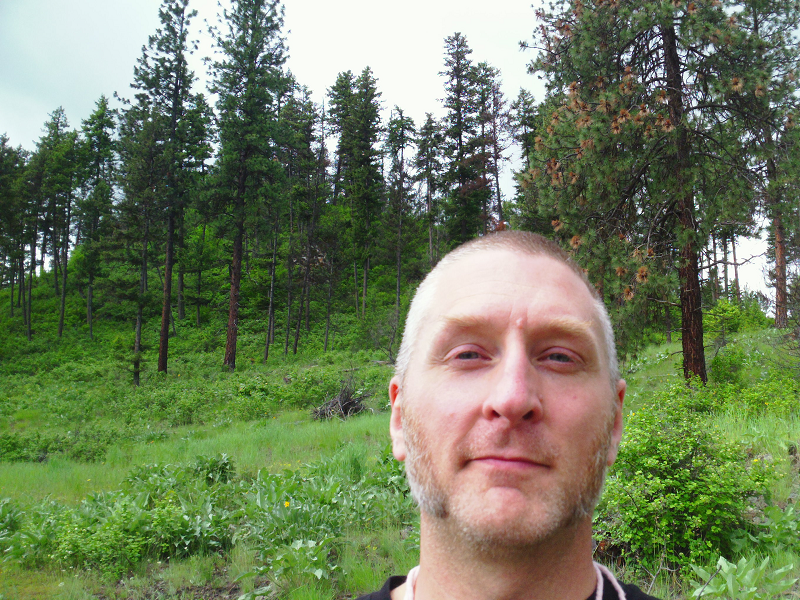

 20
20




 10
10





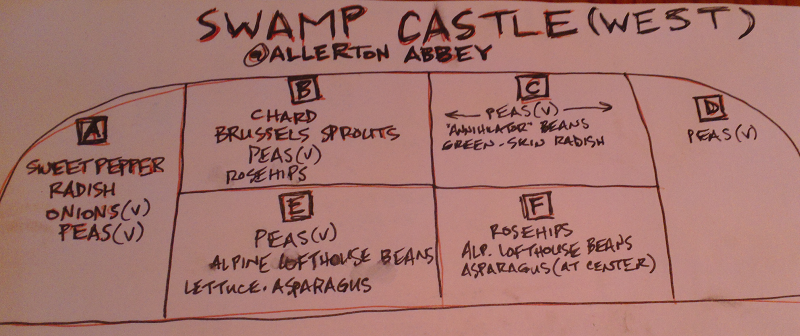



 11
11




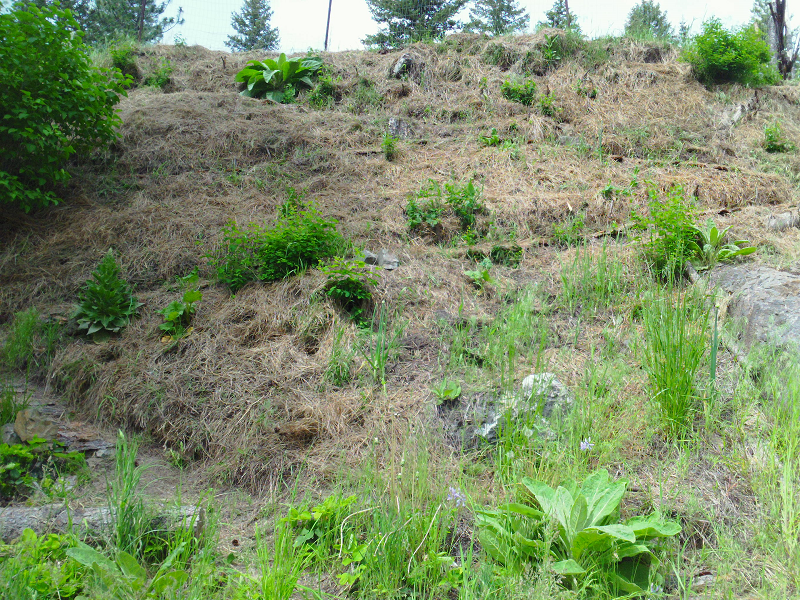




 10
10





